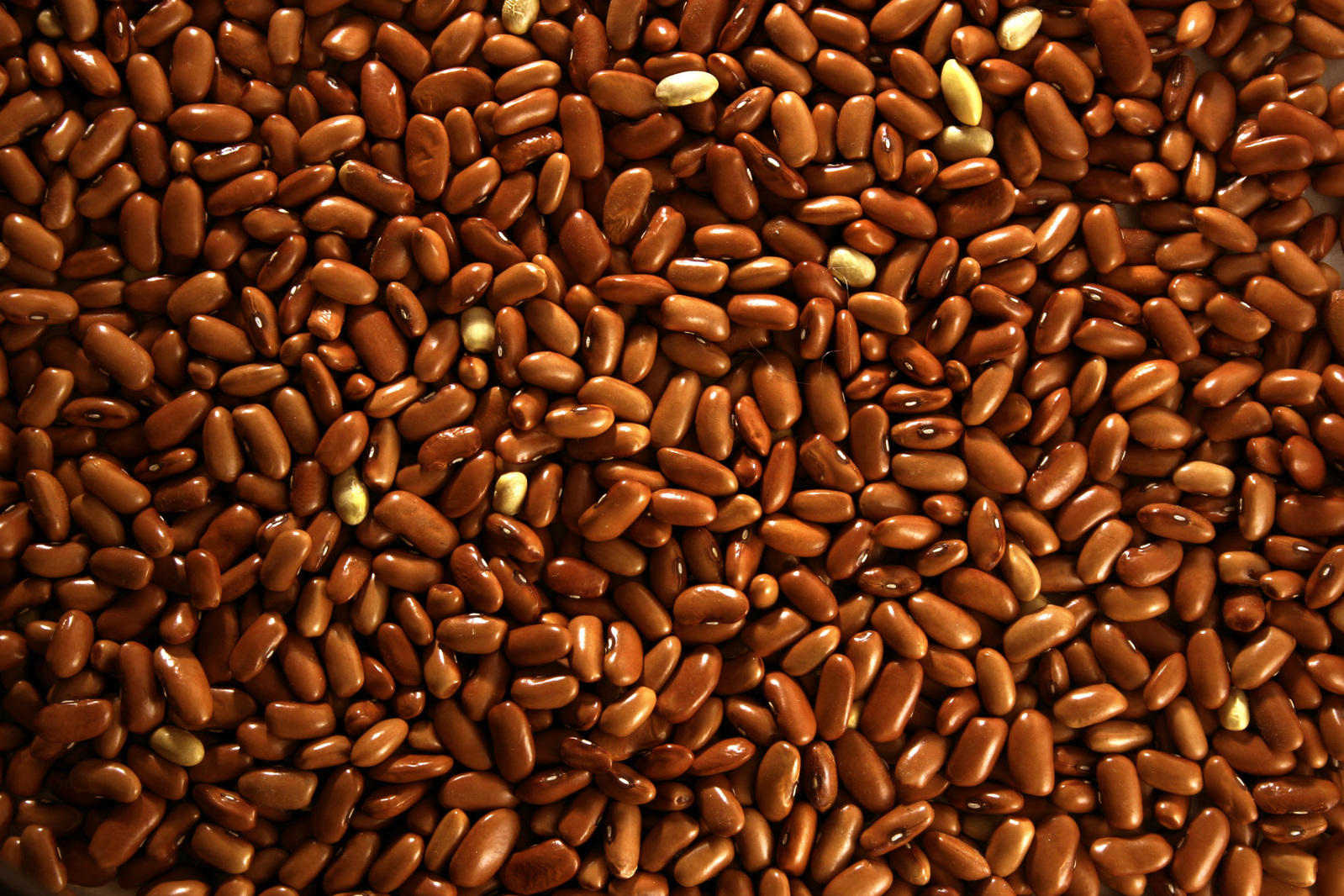
Protein
Proteins are made up of amino acids which are the building blocks for lean muscle mass. There are two kinds of proteins: complete and incomplete. Complete proteins contain the nine essential amino acids needed in the body; they cannot be made by the body so they have to be eaten in the diet. All animal products are considered complete proteins. Incomplete proteins are protein sources that include some, but not all of the essential amino acids in addition to the non-essential amino acids (there are 13 nonessential). Incomplete proteins are plant-proteins like beans, nuts, and vegetables; so you need two plant proteins to make a complete protein.
Protein should be included in all meals and snacks because it slows down digestion and helps you stay full for a longer period of time. In regards to exercise, protein stores can be used for energy in the absence of adequate carbohydrate, specifically the branch chain amino acids (BCAAs = leucine, isoleucine, valine). Thus it is essential to consume complete proteins to ensure adequate BCAA levels in the body. In addition, eating a small amount of protein, with adequate carbohydrate, immediately post- exercise helps begin the muscle repair and recovery process.
Purpose
Build & repair muscles
Growth of hair & nails
Helps boost immunity
Types of Protein
• Meat
• Eggs
• Cottage cheese
• Chicken
• Milk / yogurt
• Beans
• Fish
• Cheese
• Nuts / seeds
• Whey protein powder
• Protein/energy bars
• Protein/energy shakes
How much should be in your diet?
15-25% depending on activity levels & body size.
Approximately 3-5 servings/day—very individualized, but athletes should eat at the upper end.
Best Choices
• Red meat without skin
• Baked fish / tuna
• Low-fat or skim milk
• 2% (low-fat) cheese
• Nuts, seeds, peanut butter
• Chicken without skin
• 1egg&eggwhites
• Low-fat yogurt
• Beans not cooked in fat
• Whey protein powder
Serving Size
• 3 oz meat / chicken (palm size)
• 2 eggs or 1egg & 3 whites
• 6 oz yogurt
• 1/2 cup beans
• Chicken without skin
• 1egg&eggwhites
• Low-fat yogurt
• Beans not cooked in fat
• Whey protein powder
• 6oz fish
• 1cup milk or soy milk
• 1 oz cheese
• 2 Tablespoons peanut butter
-Amy Goodson
 Amy Goodson, MS, RD, CSSD, LD is a registered dietitian for Ben Hogan Sports Medicine and serves as the sports dietitian for the Dallas Cowboys, Texas Rangers, FC Soccer Dallas, Jim McClean Golf School, Texas Christian University Athletics, and University of Texas at Arlington Athletics. In addition, she is an adjunct professor and dietetic intern preceptor for Texas Woman’s University, Texas Christian University and the University of Texas at Arlington and is a state media representative for the Texas Academy of Nutrition and Dietetics. . She received her Bachelor of Science degree in speech communications from Texas Christian University and Masters in Exercise and Sports Nutrition from Texas Woman’s University.
Amy Goodson, MS, RD, CSSD, LD is a registered dietitian for Ben Hogan Sports Medicine and serves as the sports dietitian for the Dallas Cowboys, Texas Rangers, FC Soccer Dallas, Jim McClean Golf School, Texas Christian University Athletics, and University of Texas at Arlington Athletics. In addition, she is an adjunct professor and dietetic intern preceptor for Texas Woman’s University, Texas Christian University and the University of Texas at Arlington and is a state media representative for the Texas Academy of Nutrition and Dietetics. . She received her Bachelor of Science degree in speech communications from Texas Christian University and Masters in Exercise and Sports Nutrition from Texas Woman’s University.



